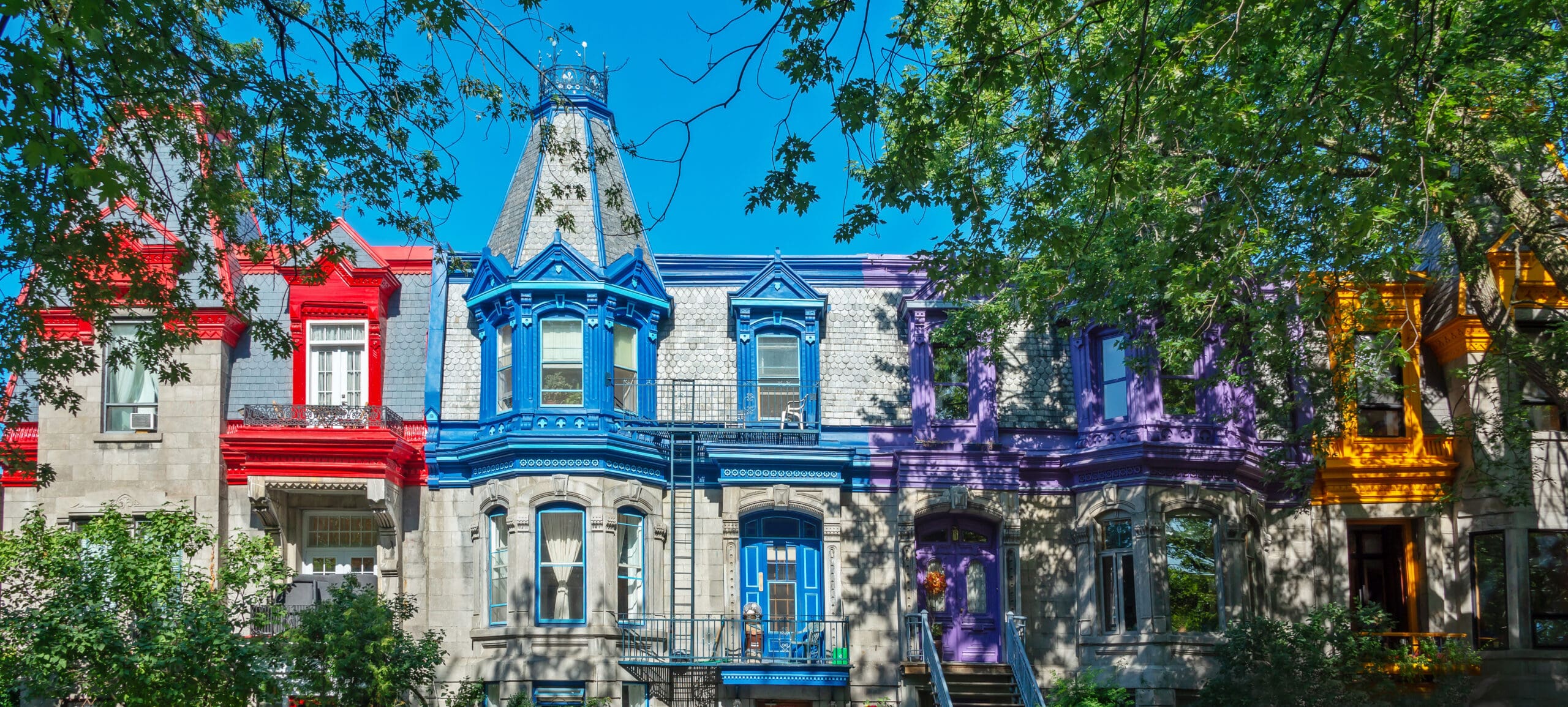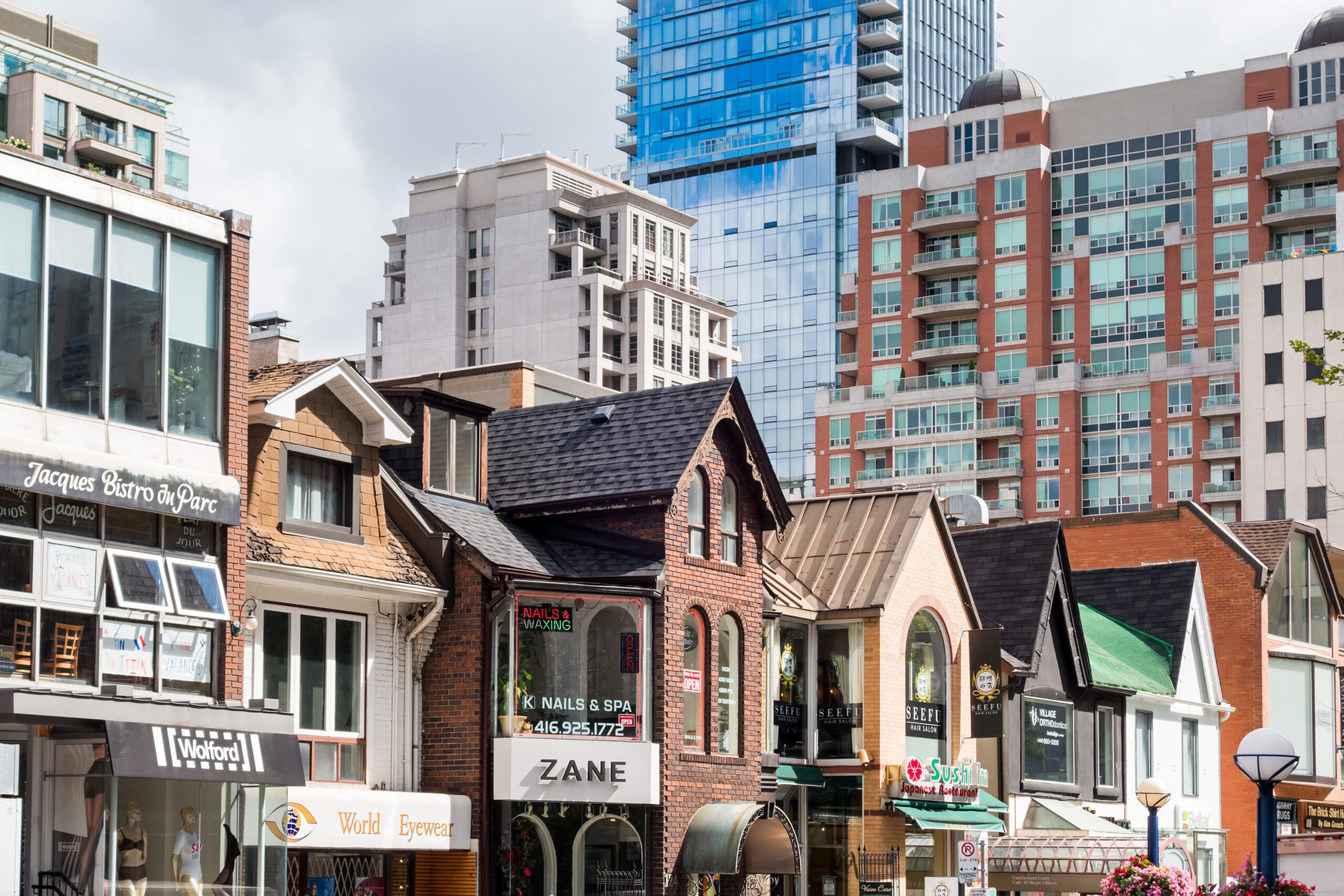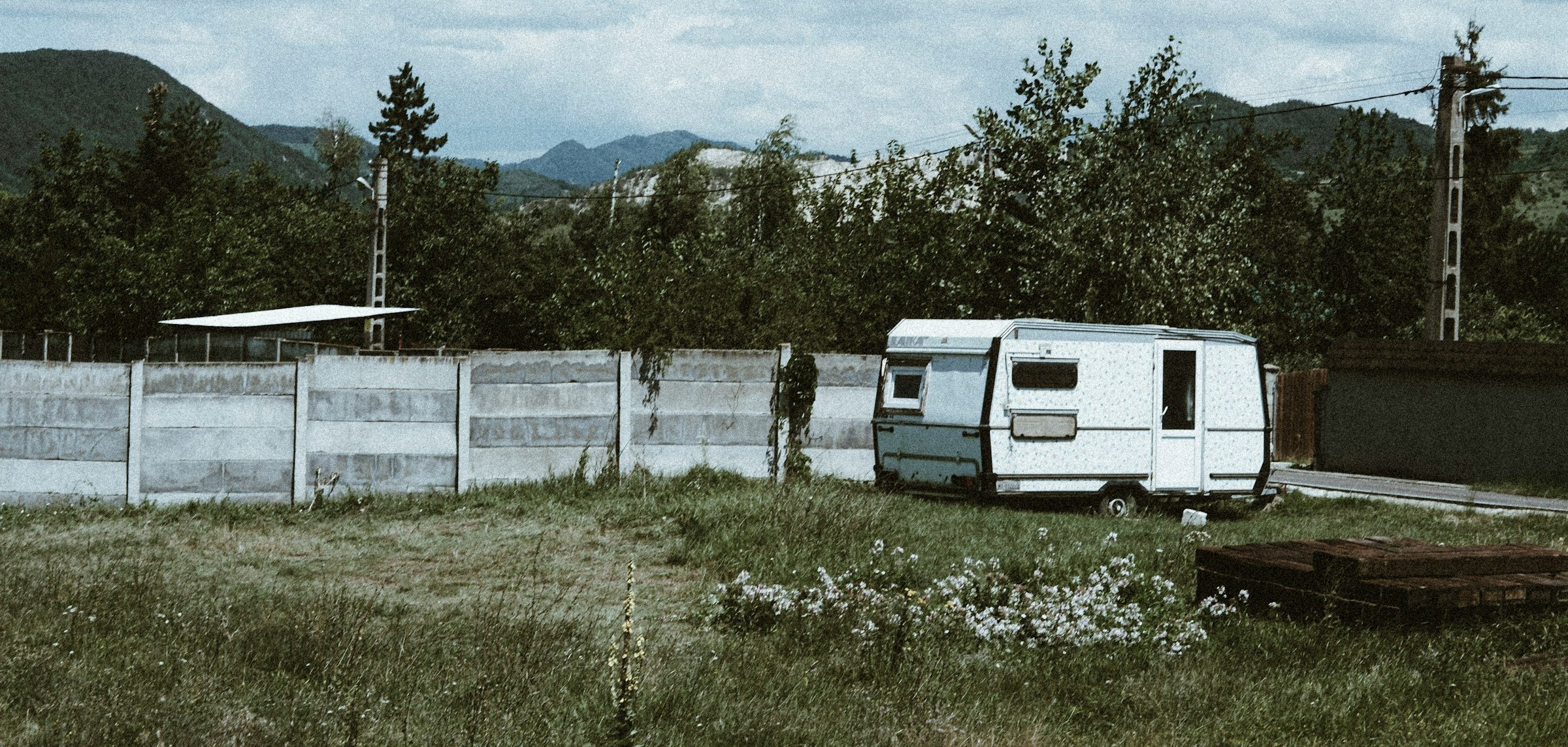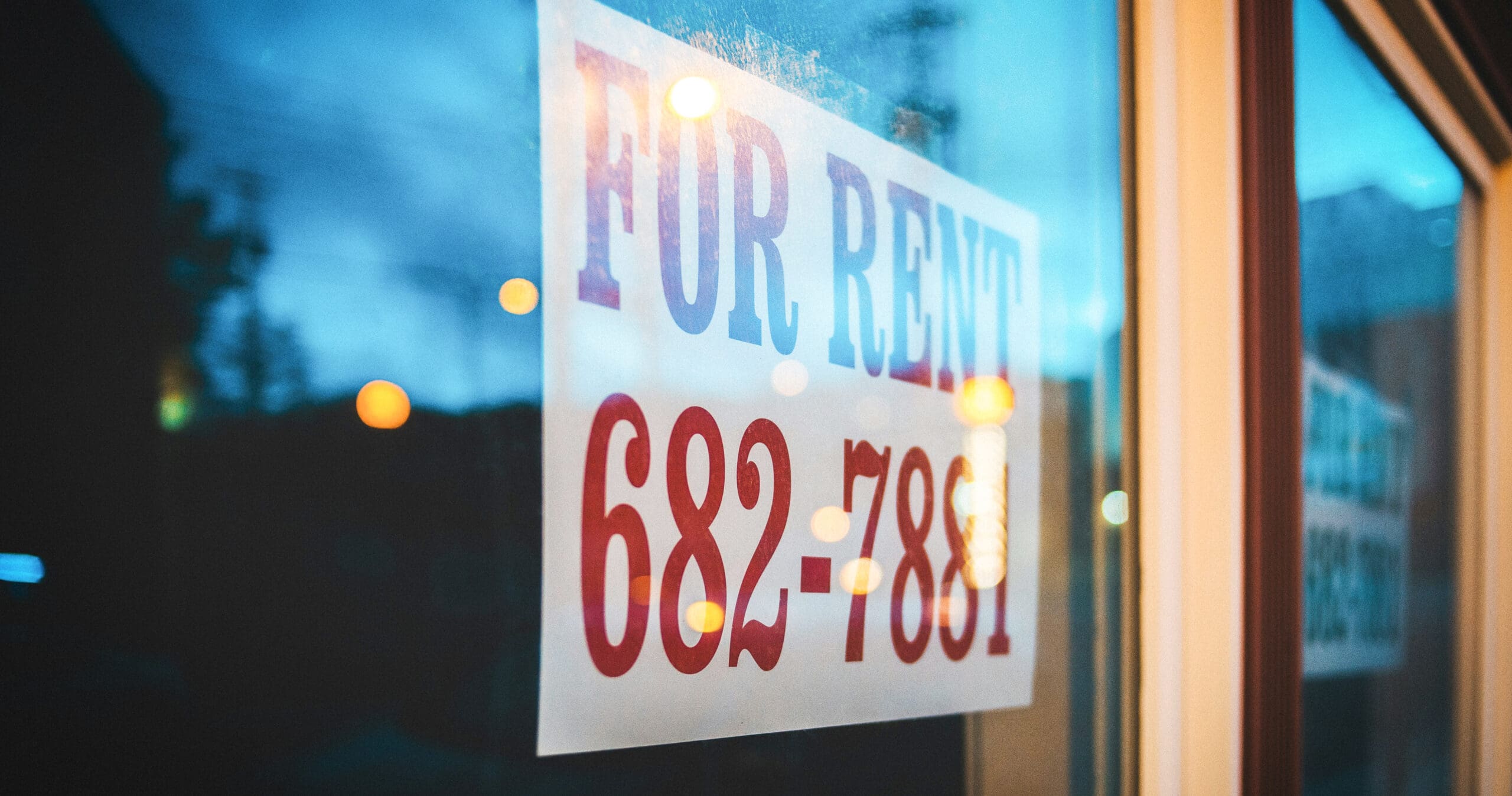Housing & Homelessness
Our publications are available to all at no cost. Please support the CCPA and help make important research and ideas available to everyone. Make a donation today.
-

Tenants are suffering: An urgent call to strengthen Nova Scotia’s rent subsidy program
Since 2021, I have been collecting research data on rent supplements (the Canada Housing Benefit) in Nova Scotia. This includes in-depth interviews with tenants who…
-

Alternative federal budget 2026: Affordable housing and homelessness
What the Canadian government should do on affordable housing and homelessness. Because true independence needs a new economic model.
-

Budget fédéral alternatif 2026 : Logement abordable et itinérance
Ce que le gouvernement canadien devrait faire en matière de logement abordable et itinérance. Une véritable indépendance exige un nouveau modèle économique.
-

Calculating the “rental wage” in every Canadian neighbourhood in 2024
How much do you need to earn to afford an apartment in your neighborhood?
-

Making Rent: The CCPA’s rental wage update 2024
It’s almost cliche to say that the high cost of housing is at the heart of Canada’s affordability crisis. Although much media attention is placed…
-

Beyond the count: Homelessness in Western Nova Scotia
Rural homelessness is often hidden, occurring in cars, campers, backcountry locations, overcrowded homes, or from couch to couch. Yet, the service providers who participate in…
-

Social housing can help Trump-proof Canadian’s well-being
In the face of political and economic threats from the United States, most Canadians agree on two things: Canada’s sovereignty is non-negotiable, and Canada’s housing…
-

Legislate fair rents for tenants NOW
Renters in Manitoba are experiencing astronomical rent hikes above the provincial allowable rent increase guidelines – and it’s completely legal. In 2022, the average rent…
-

When it comes to housing, Ontarians have clear choices in this election
It’s been a tough election for policy analysts. We like long platforms, detailed policy proposals, and lots of numbers. We didn’t get much of that…
-

Ontario lost nearly 1,300 residential construction jobs last year—the worst in Canada
Public policy researchers spill a lot of ink on housing affordability, but we pay a lot less attention to residential construction as an employment sector.…
-

From repairs to rent hikes
Tenant experiences show that loopholes in rent-control system require tighter legislation from Province of Manitoba
-

Encampment sweeps won’t solve Canada’s homeless crisis
Devin’s headlamp cut through the darkness. At the base of the pine trees lining the narrow green strip beside Notre Dame East Boulevard, he was…
Updates from the CCPA
Read the latest research, analysis and commentary on issues that matter to you.
CCPA Updates